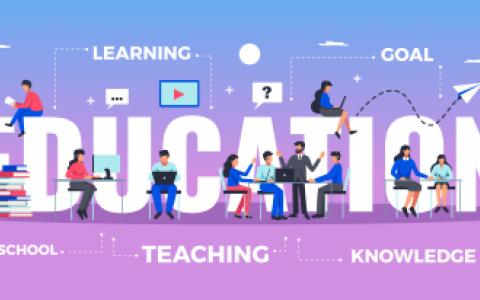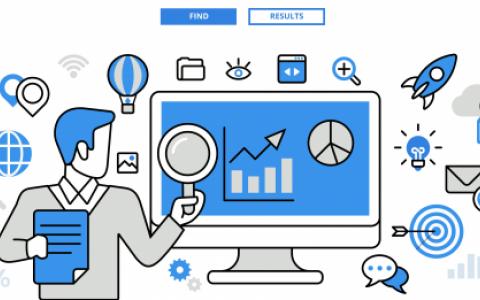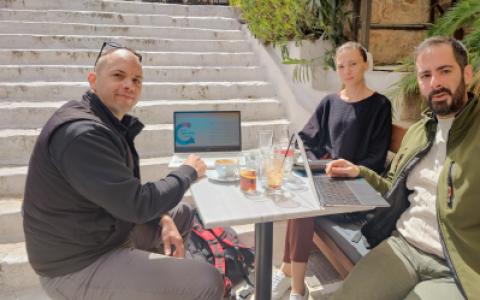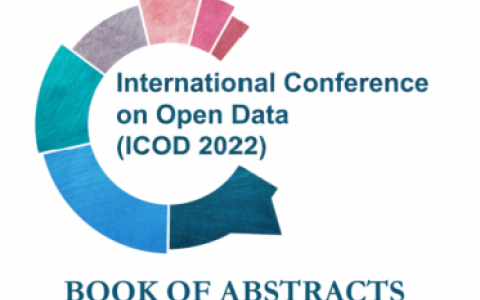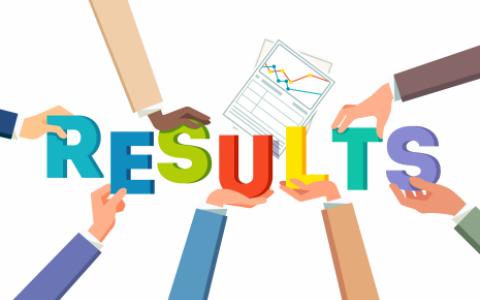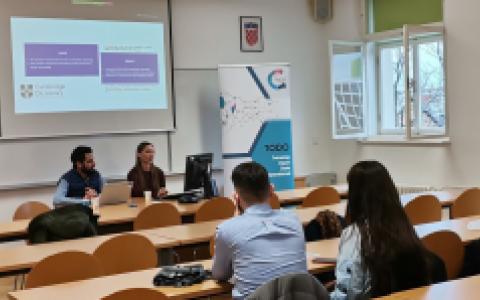Attribution
Acknowledging the source of data when using or re-publishing it. A data licence permitting the data to be used may include a requirement to attribute the source. Data subject to this restriction may still be considered open data according to the Open Definition.
Source: ODH.
